“”they will exploit you with false words … They promise them freedom, but they themselves are slaves of corruption. For whatever overcomes a person, to that he is enslaved” (2 Pet. 2:3,19).
When I was a kid, I had a problem with railings. Standing at the edge of the Grand Canyon, I was always drawn to that thin metal bar, wanting to see what was on the other side. My mom was terrified, and for good reason.
We tend to think of boundaries as restrictions on our freedom. And we imagine freedom is a license to get rid of the railing and do whatever we want. But what happens when you step over the edge? You quickly realize that what you thought was freedom was a trap.
The Bible explains that we don’t find true freedom in a life without boundaries, but in the power to live the life we were made for. The apostle Peter explains that false teachers, with their easy promises and “plastic words,” can never offer that kind of freedom.
In Christ, we foster purposeful choices — finding space between our impulses and our actions — to yield to God.
False Freedom: A License to Fall
Peter gives a sharp warning about false teachers who “promise … freedom, but they themselves are slaves of corruption.” Then he delivers the knockout punch: “For whatever overcomes a person, to that he is enslaved” (2 Pet. 2:19). So this brand of freedom turns out to only offer a more attractive prison. It’s a license to follow our weakest impulses, a permission slip to do whatever our flesh desires in the moment.
And it’s built on what Peter calls “false words” (2 Pet. 2:3). The Greek word here is plastos, where we get our word “plastic.” It describes something soft, malleable, and easily molded — something we can twist into whatever shape we need to justify what we want to do (2 Pet. 3:16).
It requires us to do something the world finds crazy: deny ourselves.
We all feel the push and pull of our desires. The difference between a life led by the Spirit instead of the flesh comes from walking close to God, freed from past sins and guided by his Word. In Christ, we foster purposeful choices — finding space between our impulses and our actions — to yield to God (Gal. 5:16-26). When we feel an urge — anger, lust, greed, pride — and let it have the wheel, we’re like “irrational animals, creatures of instinct” (2 Pet. 2:12). As we pause and choose a different response, we see the Spirit’s fruit produced in us (Gal. 5:22-23).
It requires us to do something the world finds crazy: deny ourselves (Luke 9:23). We say no to the indulgent (2 Pet. 2:10), irrational (2 Pet. 2:12), and insatiable (2 Pet. 2:14) desires that promise freedom but only ever lead to slavery.
The right ideas shape the right kind of life.
It’s a tragic irony — these false teachers boast of liberation but are chained by sin, because they teach without placing themselves under the transforming word. In the Bible’s grossest proverb, Peter likens them to a dog returning to vomit, refusing to repent (2 Pet. 2:22). So pay attention to a teacher’s fruit and their teaching!
True Freedom: The Power to Flourish
God offers a different, more durable kind of freedom, found within the boundaries of solid, unchanging truth. While plastic words are flimsy, the truth establishes us, giving us solid ground to stand on (2 Pet. 1:12). The right ideas shape the right kind of life. Doctrine matters (Tit. 2:1)! Truth liberates (John 8:32)!
So Peter urges us to grow in “knowledge” (2 Pet. 1:5-6). Living within these truths doesn’t shrink our lives; it expands them. It allows us to escape “the corruption” of worldly desires (2 Pet. 1:4). We can either act less than human, like animals (2 Pet. 2:12), or become “partakers of the divine nature” (2 Pet. 1:3-4).
“What false idea am I believing that leads me to do this?”
True freedom is the ability to do what will truly bless you. It’s the difference between banging on a piano (free to make noise!) versus submitting to the “rules” of music. Through practice, lessons, and sheet music, we gain the power and freedom to create something beautiful.
Choose Freedom: Free Indeed in Christ
The choice between these two freedoms is one we make every day. Will we chase the plastic freedom of no boundaries, which ultimately enslaves us to our desires? Or will we embrace the true freedom that comes from living within God’s good and life-giving truth? Jesus said, “If you abide in my word, you are truly my disciples, and you will know the truth, and the truth will set you free” (John 8:31-32).
Consider a problem area in your own life. Instead of just trying to fix the behavior, ask a deeper question: “What false idea am I believing that leads me to do this?” Uncovering the lie is the first step toward embracing the truth and the real freedom that only Jesus provides.
